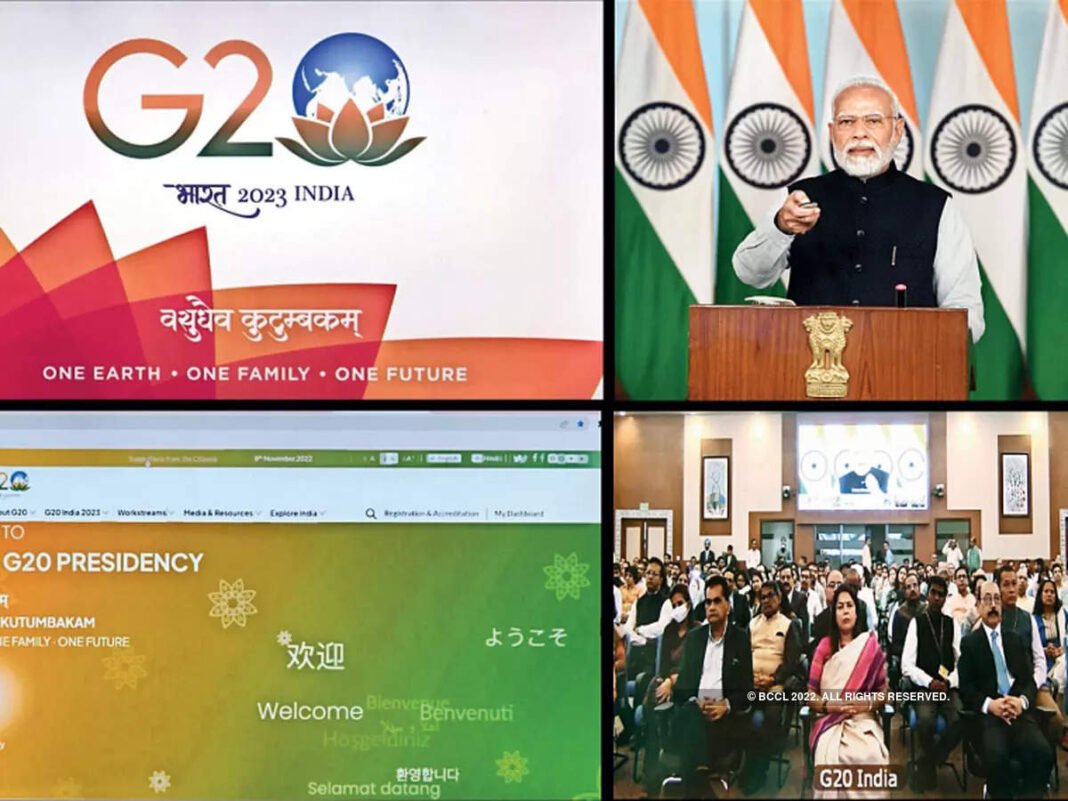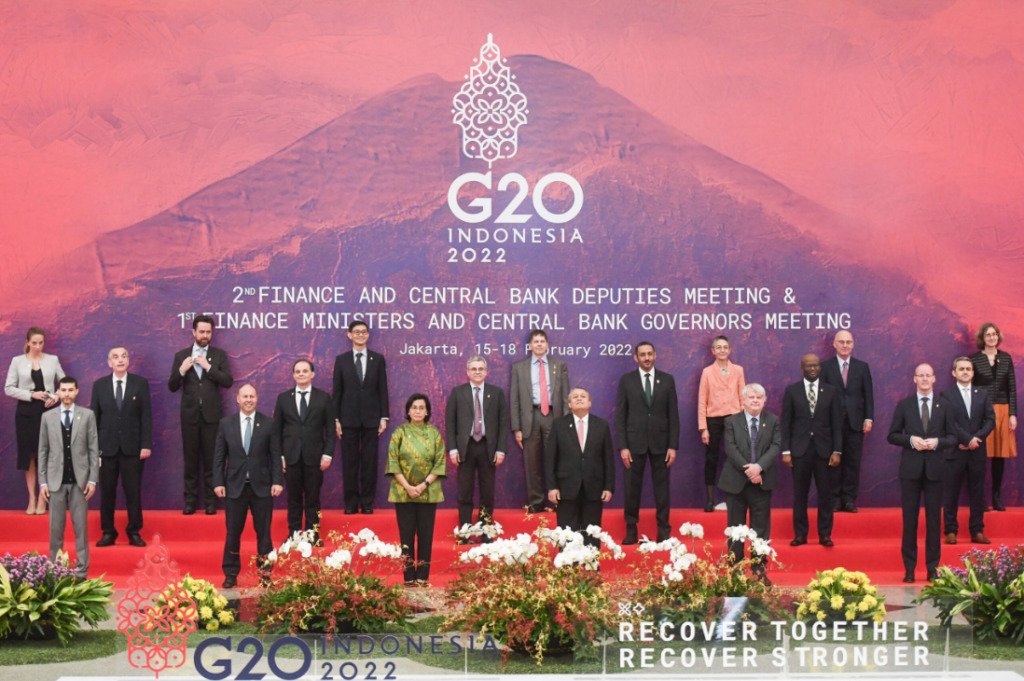By: Priyanka Saurabh
Members currently account for approximately 80% of the world’s GDP, 75% of global trade, and 60% of the global population. The Presidency, assisted by the countries holding the Presidency before and after it (the Troika), is responsible for setting the agenda for each year’s summit. Next year the “troika” of the G-20 will consist of emerging economies for the first time with India, Indonesia, and Brazil. The motto of the Bali G-20 summit is Rise Together, Rise Strong.
While the focus will be on post-pandemic recovery and dealing with energy and food security affected by the Russian war in Ukraine, much interest will be on which side the leaders choose to hold the bilateral summit. The leaders will join the discussion in three sessions: on food and energy security, the health partnership for global infrastructure and investment, and digital transformation. India will focus on the Global South and geopolitical tensions, and problems caused by food and fuel shortages.
An attempt will be made to build a global consensus on issues that divide the world. A series of bilateral talks will take place against the backdrop of ongoing tensions around the world, including the invasion of Ukraine and the ensuing economic and environmental consequences, the climate crisis, North Korea’s nuclear program, and China’s rising global aspirations. A wide range of contemporary burning topics will be discussed, including the state of the world economy, and issues related to energy, environment, agriculture, health, and digital transformation.
G-20: Argentina, Australia, Brazil, Canada, China, France, Germany, India, Indonesia, Italy, Japan, South Korea, Mexico, Russia, Saudi Arabia, South Africa, Turkey, UK, USA, and US The European Union (EU) is to include a purpose, vision and mission statement, a permanent secretariat and staff to monitor commitments and ensure continuity in the agenda. The G-20 can focus on domestic commitments instead of international commitments and start implementing them.
The joint statement included India’s message to Russia: “Today’s era should not be one of war”. India is hosting an international summit of this scale (from September 9 and 10, 2023 in New Delhi) for the first time.
India’s chairmanship will be inclusive, ambitious, decisive, and action-oriented, as reflected by India’s G20 chairmanship theme “One Earth, One Family, One Future”.
World’s two most powerful economies – US and China meeting: At a time when relations between their countries have become strained, their meeting is being seen as a growing step towards rebuilding fractured ties. The division between Russia and the West especially after news of a “Russian-made” missile landing in Poland – a NATO member country.
The G-20 presidency is an opportunity for India to assume leadership of the Global South. Building a global consensus on reforming multilateral organizations such as the United Nations was the first step towards a new world order for the post-Covid era. The G20 has gained increased relevance in a world facing challenges such as climate change, the COVID-19 pandemic, and the war in Ukraine. (The author is a poetess, freelance journalist, and a columnist)







